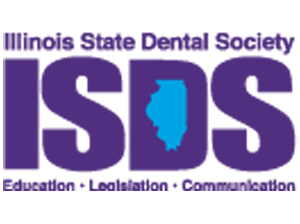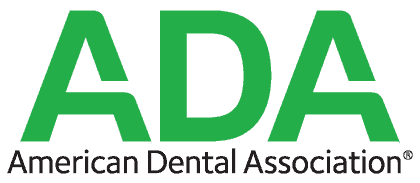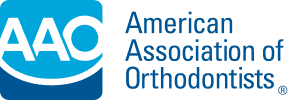How We Can Help You Stop Tongue Thrust and Save Your Smile
Have you noticed your child having trouble speaking? Are they developing a gap between their front teeth or between their upper and lower teeth? Your child may have a problem with tongue thrust.
What is tongue thrust? It’s a habit of pushing the tongue against the back of the front teeth. It can cause dental problems, speech impediments, and even breathing issues. It’s also not limited to children. A tongue-thrust habit can carry into adulthood.
Hentscher-Johnson Orthodontics offers ways to treat tongue thrust reflex in adults and children. We will evaluate your habit and dental issues to determine the most successful way to stop tongue thrusting, correct tongue positioning, and offer orthodontic treatment to correct your smile.
What Is Tongue Thrust?
Your tongue naturally sits against your palate (roof of your mouth) and behind your upper incisors (front teeth). This positioning is important. It allows your tongue to correctly form sounds like s, z, l, and n. It keeps your tongue from pressing against your teeth, pushing them outward, making it easier to keep the mouth closed properly for breathing.
Some people have a habit — usually unconsciously — of thrusting their tongue against their upper front teeth. Infant tongue thrust is common. You see them thrusting their tongues very early. This helps them learn how to nurse properly and move their mouths for future eating and speaking.
When the habit continues, it becomes a problem for eating and speaking. A child who stays on a pacifier or bottle too long or sucks their thumb can develop a tongue-thrust habit. This happens past the age of two.
This habit can continue throughout their lifetime. Signs of tongue thrust in adults include speech impediments, breathing problems, and chronic swelling of the adenoids or tonsils.

What Is a Tongue Tie?
A tongue tie may also lead to a tongue-thrust habit. What is a tongue tie? It’s an extra thick flap of tissue that holds the tongue to the floor of your mouth. If that tissue extends too far forward on the tongue, it can tie the tongue to the bottom of the mouth, making it harder to eat, drink, speak, and swallow.
Tongue ties are called ankyloglossia, and they can be corrected with a simple surgery to remove the excess tissue. This can be done immediately or after a period of time to see how the tongue tie will affect your child.
Once the tongue tie is corrected, your child must learn how to place and hold their tongue. It may be necessary to use dental or orthodontic appliances like a tongue crib. This tongue thrust appliance will train the tongue to sit correctly in the mouth.

Signs of Tongue Thrust
What are the signs of tongue thrust in adults and children? The signs are similar. One of the most common — speech impediments — is recognizable in children learning to speak. It may improve over time, but many carry the impediment into adulthood.
Here are some tongue thrust symptoms.
- Trouble pronouncing speech sounds like s, z, t, d, l, n
- Tongue protrudes through teeth when speaking
- Mouth breathing
- Difficulty eating
- Visibility through teeth while at rest or swallowing
- Open mouth at rest
- Difficulty moving lips properly
- Open bite malocclusion

Myofunctional Therapy for Tongue Thrust
Hentscher-Johnson Orthodontics offers myofunctional therapy for tongue thrust for children and adults. Myofunctional therapy focuses on training and building the muscles of the mouth, tongue, and jaws to correct swallowing patterns and speech problems.
We offer special exercises and treatments to reduce the impact of tongue thrust and retrain the tongue to sit correctly in the mouth. The exercises can move the tongue back to where it belongs when at rest and correct reverse swallowing in children, which can lead to tongue thrust.
Tongue thrust speech therapy can help your child learn to reform sounds and speak them correctly. This therapy uses special tongue thrust exercises to retrain the mouth and facial muscles to make speaking easier. While starting early is better, we can perform this therapy on children of any age and even adults.
This therapy works for many patients, though a few may require more intense speech therapy. We will be able to determine whether myofunctional will be enough or whether your child will need more intense speech therapy later.
How To Fix Tongue Thrust in Columbia, IL
Tongue thrust can cause a host of problems if left untreated, including dental and orthodontic problems, speech issues, and trouble swallowing and breathing. Myofunctional therapy is one option to reduce or eliminate the tongue-thrusting habit.
Schedule an appointment with Hentscher-Johnson Orthodontics in Columbia, IL, or Waterloo, IL, to find out more about tongue thrust therapy and what we can do to repair your speech and restore your smile.














